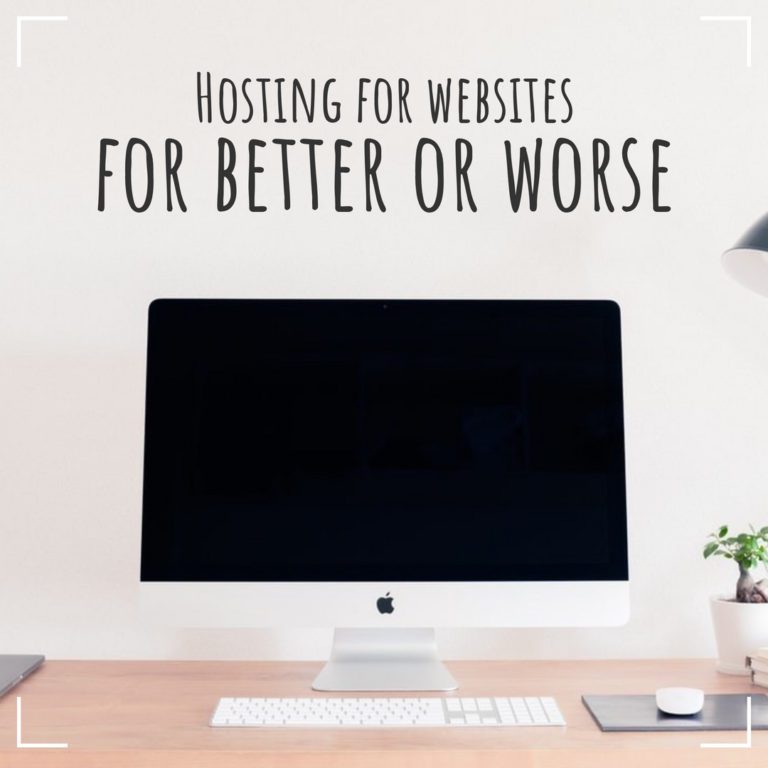Before diving into the world of web hosting, it is crucial to have a clear understanding of your business needs. Every business is unique, and the requirements for a website can vary significantly based on the nature of the business, target audience, and specific goals. For instance, an e-commerce site will have different hosting needs compared to a personal blog or a corporate portfolio.
Identifying these needs involves assessing factors such as the expected traffic volume, the type of content you will be hosting, and any specific functionalities you may require, such as e-commerce capabilities or content management systems. Additionally, understanding your business needs also means considering your budget and long-term growth plans. A startup may have limited resources and might opt for a basic shared hosting plan initially, while an established business with a larger customer base may require dedicated servers or cloud hosting solutions to handle higher traffic volumes.
It is essential to evaluate not only your current requirements but also anticipate future growth. This foresight will help you choose a hosting solution that can accommodate your evolving needs without necessitating frequent migrations or upgrades.
Key Takeaways
- Understand your business needs before choosing a web hosting provider
- Research and compare different web hosting options to find the best fit for your business
- Evaluate the reliability and uptime of web hosting providers to ensure minimal downtime
- Consider the scalability and flexibility of web hosting plans to accommodate future growth
- Assess the security measures and backup options offered by web hosting providers to protect your data
Researching different web hosting options
Once you have a clear understanding of your business needs, the next step is to research the various web hosting options available in the market. The landscape of web hosting is diverse, with several types of hosting services such as shared, VPS (Virtual Private Server), dedicated, and cloud hosting. Each type has its own set of advantages and disadvantages.
Shared hosting is often the most economical choice for small businesses or personal websites, where multiple sites share the same server resources. However, this can lead to performance issues if one site experiences a surge in traffic. On the other hand, VPS hosting offers more control and resources by partitioning a physical server into multiple virtual servers.
This option is ideal for businesses that require more power and flexibility without the cost of a dedicated server. Dedicated hosting provides an entire server for a single client, which is perfect for high-traffic websites or applications that demand significant resources. Cloud hosting, meanwhile, utilizes a network of servers to distribute resources dynamically, making it highly scalable and reliable.
Understanding these options will enable you to make an informed decision based on your specific requirements.
Evaluating the reliability and uptime of web hosting providers

Reliability and uptime are critical factors when selecting a web hosting provider. Uptime refers to the percentage of time that a server is operational and accessible to users. A reliable hosting provider should guarantee an uptime of at least 99.9%.
Downtime can lead to lost revenue, diminished customer trust, and damage to your brand’s reputation. Therefore, it is essential to evaluate the uptime records of potential providers by looking for independent reviews and uptime guarantees. In addition to uptime, consider the infrastructure that supports the hosting service.
Providers with robust data centers equipped with redundant power supplies, cooling systems, and high-speed internet connections are more likely to offer reliable service. Furthermore, inquire about their disaster recovery plans and how they handle server failures or outages. A provider that has a solid backup strategy in place can quickly restore services in case of unexpected issues, ensuring minimal disruption to your business operations.
Considering the scalability and flexibility of web hosting plans
| Web Hosting Plan | Scalability | Flexibility |
|---|---|---|
| Shared Hosting | Limited scalability due to shared resources | Limited flexibility in server configurations |
| VPS Hosting | High scalability with dedicated resources | High flexibility in server configurations |
| Dedicated Hosting | High scalability with dedicated resources | High flexibility in server configurations |
| Cloud Hosting | High scalability with on-demand resources | High flexibility in server configurations |
As your business grows, so too will your website’s demands. Therefore, it is vital to consider the scalability and flexibility of the web hosting plans offered by potential providers. Scalability refers to the ability to increase resources such as bandwidth, storage, and processing power without significant downtime or migration hassles.
A good hosting provider should offer plans that allow you to easily upgrade or downgrade based on your current needs. Flexibility is equally important; it encompasses not only the ability to scale resources but also the range of features and configurations available within each plan. For example, if you anticipate needing specific software or applications in the future, ensure that the hosting provider supports those technologies.
Additionally, some providers offer managed services that can help you optimize your website as it grows, providing peace of mind that you won’t have to handle every technical aspect on your own.
Assessing the security measures and backup options offered by web hosting providers
In today’s digital landscape, security is paramount for any online business. When evaluating web hosting providers, it is essential to assess their security measures comprehensively. Look for features such as SSL certificates, which encrypt data transmitted between your website and its users; firewalls that protect against unauthorized access; and DDoS (Distributed Denial of Service) protection that safeguards against attacks aimed at overwhelming your server.
Backup options are another critical aspect of security. A reliable web host should offer regular backups of your website data to ensure that you can quickly restore your site in case of data loss due to hacking, server failure, or human error. Some providers offer automated backup solutions that run daily or weekly, while others may require manual backups.
Understanding these options will help you choose a provider that prioritizes security and data integrity.
Comparing pricing and value for money

While cost is often a significant factor in choosing a web hosting provider, it is essential to look beyond just the price tag and evaluate the overall value for money. Many providers offer introductory rates that may seem appealing but can increase significantly upon renewal. Therefore, it’s crucial to read the fine print regarding pricing structures and renewal rates.
Additionally, consider what features are included in each plan. Some providers may offer lower prices but lack essential features such as free domain registration, SSL certificates, or adequate customer support. Conversely, a slightly higher-priced plan might include valuable extras that can save you time and money in the long run.
By comparing not just prices but also features and services offered by different providers, you can make a more informed decision that aligns with your budget while still meeting your business needs.
Reading customer reviews and testimonials
Customer reviews and testimonials provide invaluable insights into the experiences of other users with specific web hosting providers. These reviews can highlight strengths and weaknesses that may not be apparent from marketing materials alone. Look for reviews on independent platforms rather than relying solely on testimonials featured on the provider’s website, as these may be selectively curated.
When reading reviews, pay attention to recurring themes or issues mentioned by multiple users. For instance, if several customers report slow customer support response times or frequent downtime incidents, these are red flags that warrant further investigation. Conversely, positive reviews praising exceptional customer service or reliable uptime can indicate a trustworthy provider.
Engaging with online communities or forums dedicated to web hosting can also provide additional perspectives and recommendations based on real-world experiences.
Seeking out customer support and technical assistance options
Customer support is a critical component of any web hosting service. When issues arise—whether they are technical glitches or billing inquiries—having access to responsive and knowledgeable support can make all the difference in maintaining your website’s functionality and performance. Evaluate the support options offered by potential providers; look for 24/7 availability through multiple channels such as live chat, email, and phone support.
Additionally, consider the expertise of the support staff. Some providers offer specialized technical assistance for specific platforms or technologies (e.g., WordPress support), which can be beneficial if you are using particular software for your website. Reading reviews about customer support experiences can also provide insights into how effectively a provider resolves issues and assists customers in navigating challenges.
Ultimately, choosing a host with robust customer support can save you time and frustration in managing your online presence effectively.





